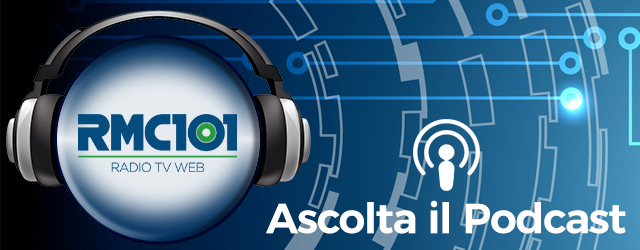Since yesterday, the same question has been emblazoned across newspapers, websites, and TV screens: With Matteo Messina Denaro's passing, what happens to Cosa Nostra, to the mafia—will there be a new boss?
There are many possible answers, all encapsulated in the myriad reactions to the death of the Castelvetrano boss. Yet, one of the most insightful analyses undoubtedly comes from Attilio Bolzoni, a journalist with 40 years of experience in reporting on and studying the mafia, writing for Domani.
"Now that he's gone, now that Matteo Messina Denaro, the long-standing alibi, has fallen forever, someone - one hopes - will finally begin to investigate who holds the reins of the Trapani mafia, and perhaps the entire Sicily. They've spent so much time pursuing him (and so much money, a staggering amount, to fund endless missions with hordes of investigators in ceaseless pursuit of the fugitive), but they've certainly lost time - always because of him - in updating criminal maps and discovering who truly commands in what is the island's most enigmatic province," Bolzoni writes.
Law enforcement has dedicated considerable time to tracking him over the years. The latest effort was led by the ROS, who arrested Messina Denaro on January 16 as he was heading to the La Maddalena clinic for cancer treatment, which ultimately claimed his life. In recent months, there has been an ongoing hunt for the boss's accomplices, those whom Bolzoni refers to as "horizontal" facilitators. The question of high-level cover remains unanswered.
Commander of the ROS, Pasquale Angelosanto, stated regarding Matteo Messina Denaro's death:
"Cosa Nostra is alive and still strong, but it has undoubtedly felt the blow, both concerning the Trapani province, of which Messina Denaro was in charge, and through the other mafia provinces that looked to this figure as a symbol. Dialogues will be initiated within the organization, in the Trapani province, and in the other provinces, because a new leader of the organization must be identified. The work continues to fully identify the network of support and the assets, namely the sectors of the economy controlled by entrepreneurs close to the organization."
Matteo Messina Denaro, with 30 years of evasion, many of which were spent in his territory between Castelvetrano and Campobello di Mazara.
"Serious entrepreneurs and clean investments have been kept away from the territory because of a man who has inflicted so much harm on his land," says the mayor of Castelvetrano, Enzo Alfano.
For the mayor of Campobello di Mazara, the town where Messina Denaro hid in recent years, his death "marks the end of an earthly journey that everyone expected from one day to the next. But above all, it's a sense of definitive liberation for this part of Sicily, which unfortunately paid a very high price. We hope we can turn the page.
"It was a shroud that brought the economy and the people to their knees," says Giuseppe Castiglione. "Now that the day has come, we hope there are no successors to Messina Denaro and that the State can continue to guarantee a recovery for this tormented and crippled territory."
Salvatore Borsellino, brother of the judge killed in the via d'Amelio bombing, remarked: "A criminal has died. His capture was not a success of the State, but a surrender in light of his illness. He chose to be treated by the State rather than heal in hiding. Unfortunately, being secular, I cannot even hope for divine justice. His evasion was a shame for the State, as were the evasions of Bernardo Provenzano, of Totò Riina."
"Today, now that he's gone, in the face of death, everyone pauses, but death cannot erase the responsibilities of that violence, of those crimes, of those hundreds of people who were swept away," said Don Luigi Ciotti, founder of Libera.
When questioned by magistrates last February about the murder of young Giuseppe Di Matteo, strangled and dissolved in acid, Matteo Messina Denaro explained: "Let me say one thing: perhaps it's the thing I care about the most. I'm not a saint, but I have nothing to do with the child's murder." But for Nicola Di Matteo, Giuseppe's brother, "forgiveness is impossible." "They're all unforgivable. All of them. They are for my mother above all, but also for me," he says. Today, as on the day of his brother's murder, the pain is renewed. "These are not good days; once again, those terrible days come to mind. It's a wound that always reopens, a mark that remains for life. He was a child, just a child..."

 Sezioni
Sezioni




















